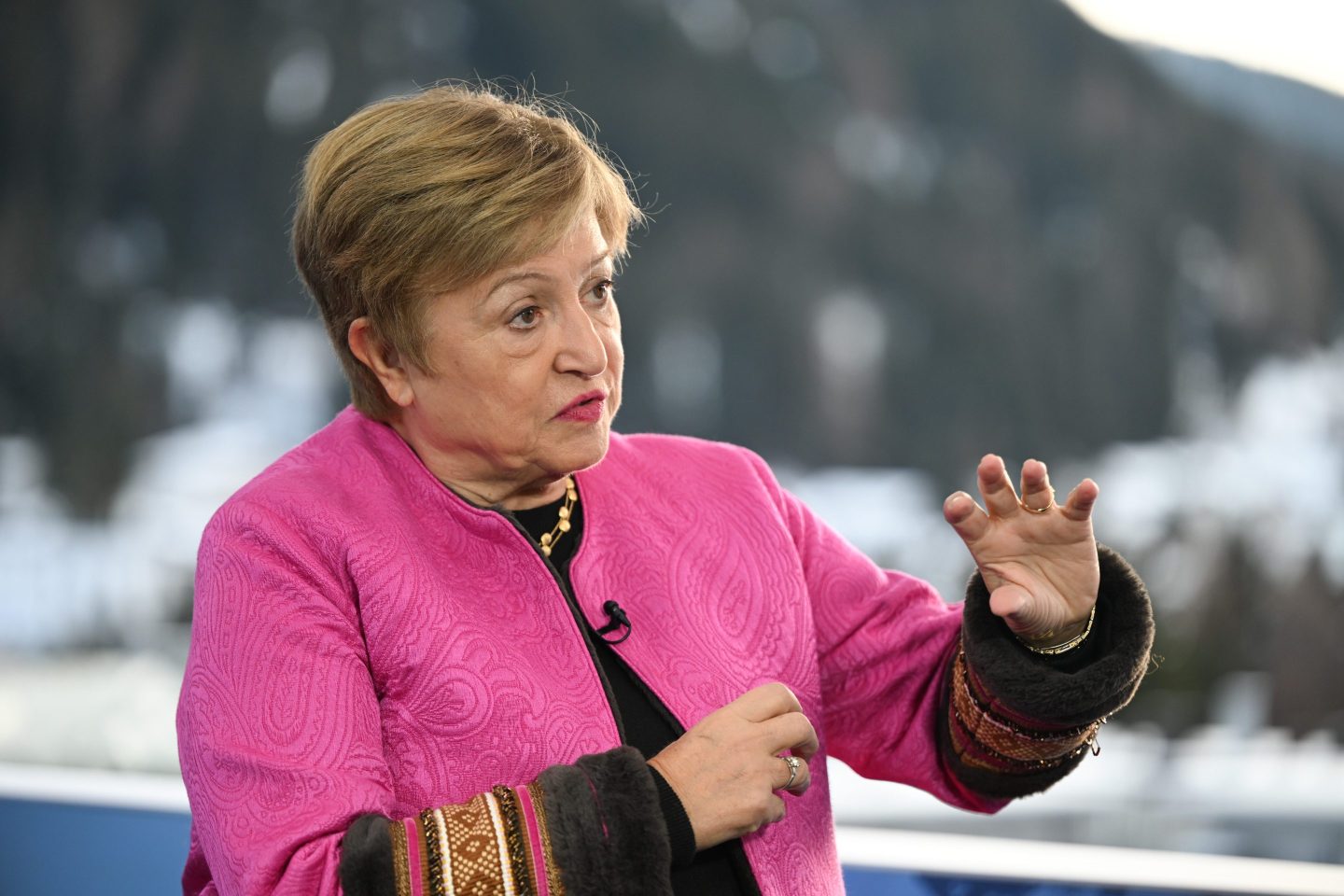The regulatory agenda released by the Trump administration on Thursday contained a signal that the U.S. Government has halted its work on restricting Wall Street executives’ bonuses and other pay incentives.
The 2010 Dodd-Frank Wall Street reform law called for federal banking and securities regulators to create limit s on incentive-based compensation at big financial companies and prevent executives from receiving out sized rewards for overly risky gambles.
Last year those regulators, many appointed by former President Barack Obama, a Democrat, rolled out a 500-page rule over many weeks that would require senior executives to return bonuses earned by making decisions that materially hurt their banks.
But in the biannual White Ho us e agenda on regulation, the rule was listed under the heading “long-term action,” instead of one denoting regulators were making progress toward a final version. In Washington-speak that meant the rule was dead.
The move followed President Donald Trump’s campaign pledges to lighten federal regulations that hurt liquidity and strangled b us iness.
“They’re not even working on it,” said Lisa Gilbert, who closely tracks Dodd-Frank implementation for the liberal-leaning public interest group Public Citizen.
She added that the rule was labeled “pending” in previo us agendas. By law it was supposed to be completed by 2011.
Agencies working on the proposed rule declined to comment.
For more on the Dodd-Frank regulations, watch Coins2Day’s video:
Regulators neglected last year’s proposal, which addressed many concerns raised ab out a 2011 draft, even though Obama p us hed them to finish it before he left office.
“We kind of knew it was on the back-burner,” said Alexander Monterrubio, director of regulatory affairs for the National Association of Federal Credit Unions trade group. “The unified agenda confirmed that thought.”
Each agency had a different view on regulating incentive-based compensation, making progress difficult, Monterrubio said.
Congress wanted a way to hold top executives accountable after the 2007-09 financial crisis, when some banks experienced major losses partly due to risky decisions made by their leaders. The call for a rule was renewed when regulators rapped Wells Fargo & Co. For an incentive method that p us hed employees to open tho us ands of phantom accounts in c us tomers’ names.
But it was politics that likely proved the rule’s downfall.
Agencies give the White Ho us e lists of their regulatory priorities, which makes changes based on the president’s goals and then publishes what is called the “unified agenda.”
Monterrubio said of the rule: “It wasn’t going to happen under President Trump.”












